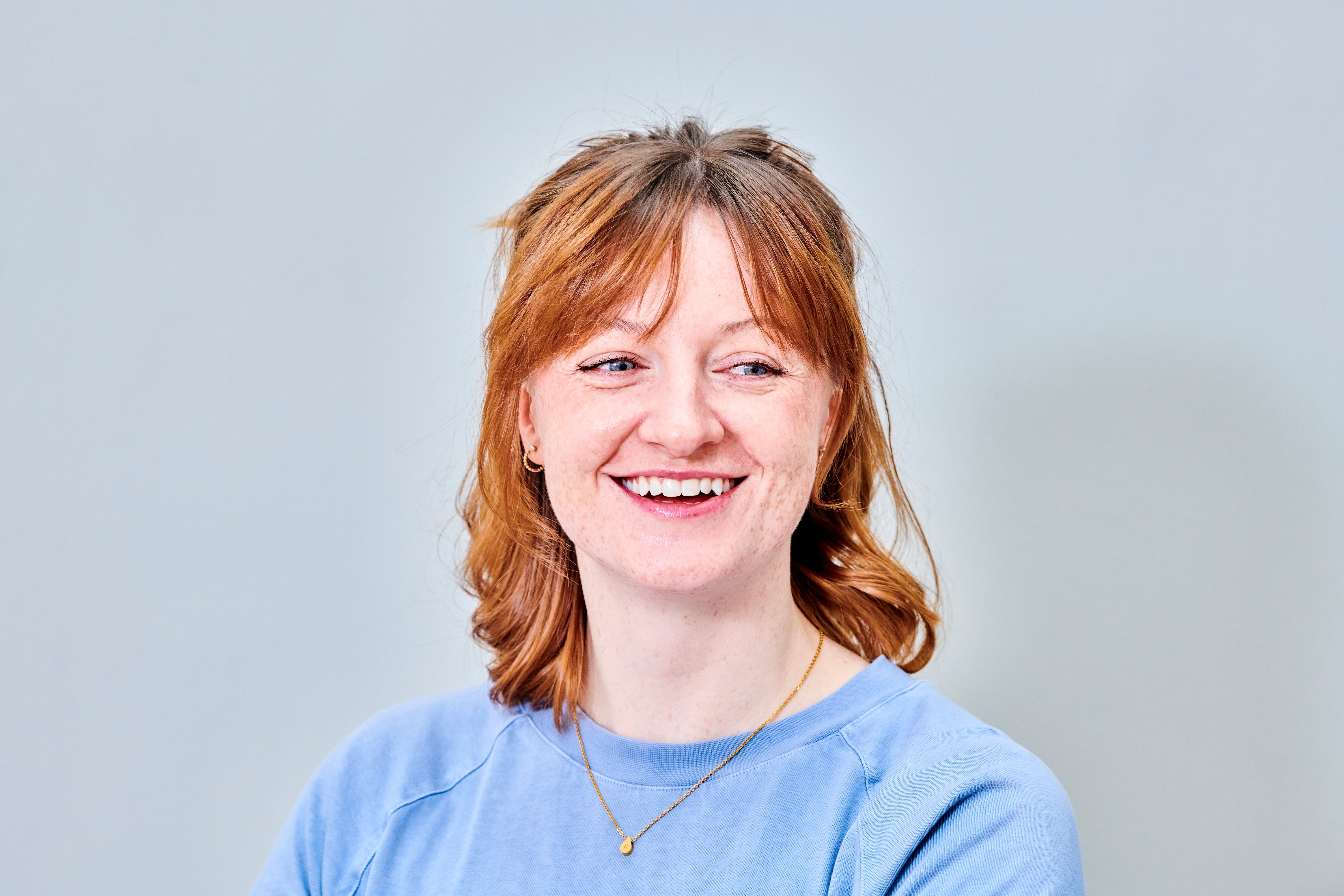Opening up the issues around food insecurity
31 May 2023 | By: Newcastle University | 4 min read
According to a recent YouGov report 9.3 million adults faced food insecurity - not having regular access to food - in January 2023. 6% of UK households stated they didn’t eat for an entire day due to lack of access, or the ability to afford food.
There is a real urgency to understand the implications of how such food insecurity impacts food-related behaviour and health outcomes.
We spoke to current PhD student, Courtney Neal, about her work in this area and how adopting an open research framework is benefiting both her work and our grasp of this growing issue.
What is open research?
Open research is the practice of making research as accessible as possible.
It is based on the principle that information about the processes and outputs of research should be freely available.
This provides others with the chance to evaluate, validate and contribute to research - the hope is that this transparency will improve research rigour, quality and availability.
It’s key that research is accessible to ensure educational and societal advances.
Not only is open research an engaging learning environment, but it aligns with the United Nation’s agenda for Sustainable Development and Sustainable Development Goals. SDG4 focuses on inclusive and equitable quality education and promotes lifelong learning opportunities for all.
What does your research project involve?
My research looks at how feeling hungry, and access to food, is related to how stressed you feel. It also tries to answer questions about how feelings of hunger might influence what we choose to eat via changes in how your brain processes information about food.
If you experience food insecurity, you are more likely to have negative health outcomes throughout your life. For example, you’re more likely to experience obesity – we aren’t really sure why.
My goal is to understand what might be driving such health outcomes.
By better understanding these drivers, we can better understand how to improve health outcomes for the many people who experience food insecurity in the course of their life.
My research is funded by the Northern Ireland and North East Doctoral Training Partnership (NINEDTP) – this is an ESRC-funded studentship at Newcastle, and I am on the Psychology pathway.
Tell us about your journey to Newcastle University
My journey here wasn’t straightforward. I’ve learnt a lot in the process, mostly about what I’m passionate about and, surprisingly, what I don’t want to do.
Firstly, I hold an MBiol in Biological Sciences and an MSc in Psychology.
After finishing my undergraduate degree, I started a self-funded PhD at Durham University. One year into my postgraduate studies, I realised that it wasn’t for me and I decided to train to be a secondary science teacher. Personal circumstances led me to change direction again after only a few months. Deciding to move on from these roles that didn’t suit me was risky, but the best thing that I ever did for myself.
The opportunities taught me a lot about what I didn’t want, and ignited a spark that guided me to what I was passionate about. My own experiences in education combined with my time working in schools in deprived areas left me with a strong desire to continue to work to reduce socioeconomic inequality.
I left teaching to go back to university, where I met Dr Gillian Pepper – a lecturer who is now one of my supervisors.
Dr Gillian Pepper spoke about the opportunities for further study and after many discussions about my interests and future, she said she’d be happy to support me in a PhD. It was then we worked out what different routes to apply for.
To find PhD opportunities, you need to be open and find the confidence to start those conversations.
Courtney Neal
What has been the achievement you are most proud of so far?
Securing my ESRC studentship is my biggest achievement - as they are so competitive.
What have you found most challenging during your studies?
I’ve heard people refer to a PhD as a marathon and not a sprint. I completely agree with this.
When you do an undergraduate degree or even an MSc you do things quickly – one module at a time, during defined semesters. It helps keep the momentum going.
My supervisory team have always talked to me about maintaining momentum across my PhD. They help ensure that I am motivated and engaged with my topic and what I am working towards.
Doing a PhD - it’s a full-time job. But, it’s all down to me in terms of what I get out of it. There are a lot of responsibilities to juggle.
Why is open research so important?
Open research is a framework that makes your research available to whoever wants to access it. It hugely supports the impact and dissemination of your findings.
I have to ensure that what I am doing is transparent at every stage.
It’s a mindset of “I have nothing to hide. Here is what I’ve done. Critique this if you want to.”
As you can imagine, that can be quite daunting. But, seeking feedback - that’s part of good science.
Top four benefits of open research to my PhD:
-
I plan things more thoroughly - I have to question decisions before I start the research. I know once I make such plans public, they will be scrutinised so I need to be clear on my rationale for my methodology.
-
Pre-registration workload – before you start collecting data you pre-register your methods, publicly, online and maybe even what you will do with results in terms of analysing. It saves me time when I come to write up my method, as it is already published online.
-
Preprint - if you pre-print your work it means you have a public record of completed work for anyone to see. It sits in an open repository, but hasn’t been peer-reviewed. It means if you are looking for a job, you have something tangible to show them - arguably better than saying something is ‘in prep’ on your CV. The public can also see how I’ve interpreted the data.
-
Supporting science! Making your data publicly accessible – it’s the last piece of the puzzle. Sharing your data with the public means people can make their assumptions. It’s also very useful for the scientific community, they can ratify their own ideas and methods around my findings.
What advice would you give others considering a postgraduate research degree?
The combination of your supervisory team and your project is the key to your enjoyment of doing a PhD.
You want a supervisory team you are comfortable being vulnerable with and say you are struggling. Doing a PhD is a great experience, but at times it can be quite isolating.
And, just like a marathon – it’s not easy, you will need support at some point.
What do you plan to do next, where will your research take you?
I’d be lying if I said there was a plan.
I did a UKRI policy internship in the Department for Health and Social Care, Office for Health Improvement and Disparities. I was part of the Behavioural and Social Sciences team, and in this role I saw how behavioural science works in a government department.
At present, I’d love to stay in academia, but I’m not ruling out working in a more applied public health setting.
You might also like:
- to find out about a recent research collaboration with a PhD student
- how to stop the rising cost of living becoming a health crisis
- more information about The Food Foundation

